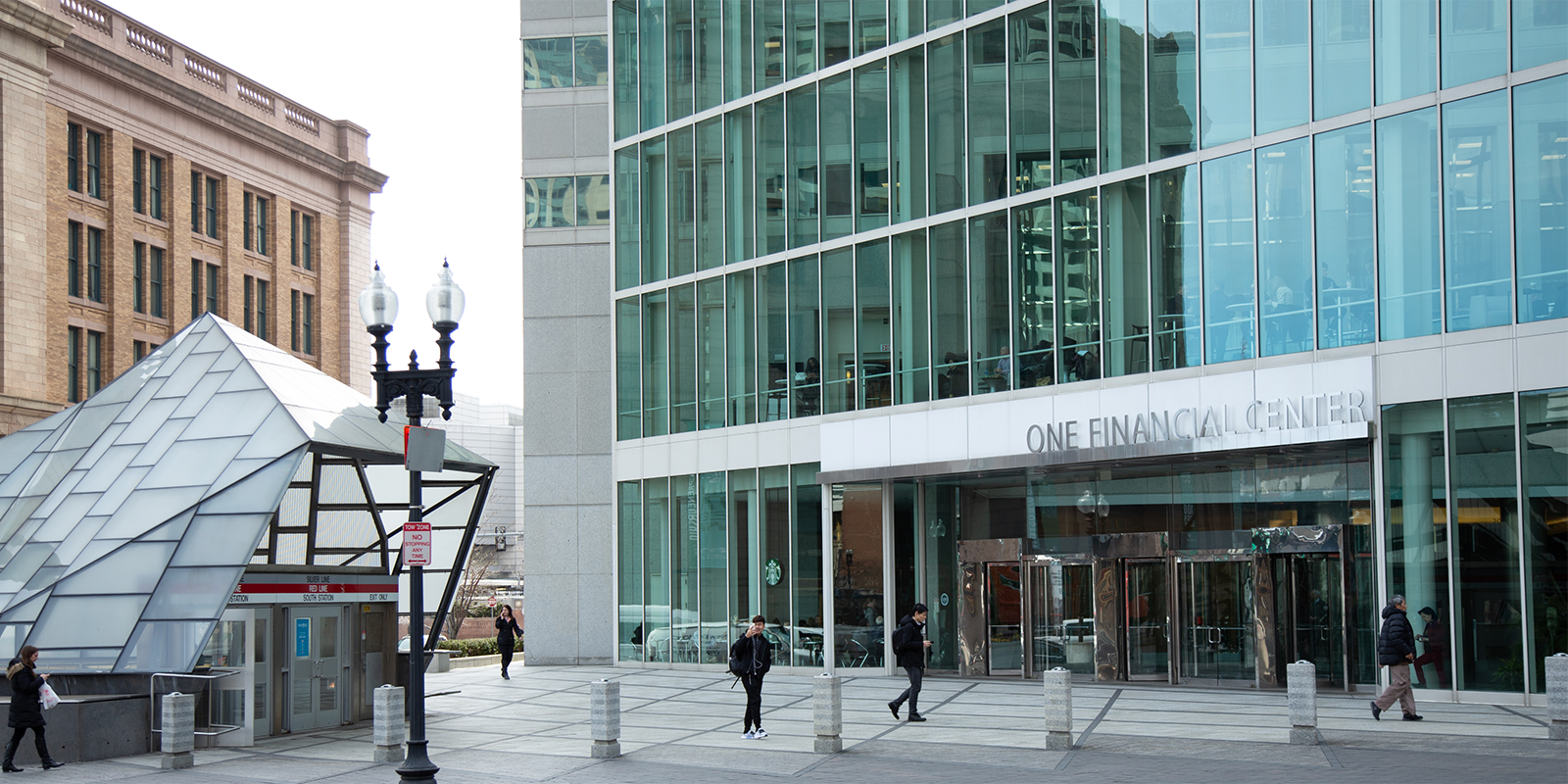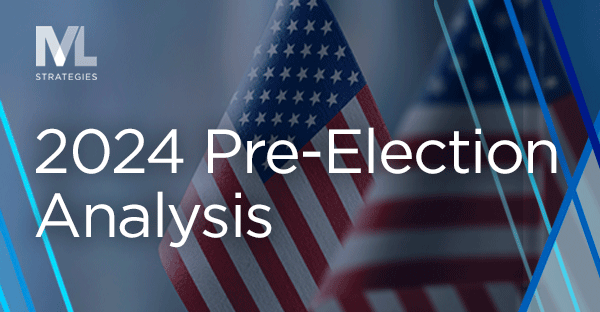
Financial Services
Viewpoints
Filter by:
2024 Pre-Election Analysis: Financial Services
September 30, 2024| Advisory
Read about how the November elections could shape the financial services policies of the next presidential administration and 119th Congress.
Massachusetts Outlook: The Remainder of 2016 and Beyond
October 4, 2016| Alert
After closing the book on the formal sessions in July, Massachusetts lawmakers have turned their attention to the November election. The Senate and House of Representatives convene in informal sessions for the remainder of the year and no controversial legislative matters are expected to pass during this time.
Baker Signs FY17 Budget, Issues Vetoes
July 12, 2016| Alert
Governor Charlie Baker signed a budget for FY17 on Friday, July 8, after vetoing $256 million in spending included in the plan approved by the legislature. The budget, which represents the second annual spending plan signed by the Governor, totals $38.92 billion and increases spending by just $489 million, or 1.3%, over FY16 levels.
Governor Baker Files FY2017 Budget, Economic Development Bill; Speaker DeLeo Outlines Agenda
February 1, 2016| Alert
With Beacon Hill off and running in the new year, Governor Charlie Baker and House Speaker Robert DeLeo this week unveiled key parts of their policy agendas for 2016.
Governor Baker Announces Mid-Year Budget Cuts
January 11, 2016| Alert
On Friday, January 8, Governor Charlie Baker ordered $49 million in emergency spending cuts aimed at erasing a projected state budget shortfall. In a letter to state lawmakers, Baker said his administration had identified a $320 million gap between projected spending and revenues through the end of the fiscal year in July.
FY2016 Massachusetts Budget Update: The Conference Committee Budget
July 13, 2015| Alert
After many weeks of deliberation, the Massachusetts House and Senate sent a budget to Governor Baker’s desk. This budget passed the Senate 31-5 and the House 153-1 and represents a compromise between the House and Senate versions, described in previous ML Strategies advisories.
Uncertain Future for Non-Compete Agreements in Massachusetts: Legislators Seek Compromise
June 24, 2015| Advisory
On June 23rd, the Massachusetts Joint Committee on Labor and Workforce Development met to consider legislation relating to the legality and enforcement of non-compete agreements.
FY2016 Massachusetts Budget Update: The House Budget
May 1, 2015| Alert
On April 29 the Massachusetts House of Representatives approved a $38.1 billion spending plan for FY2016 by a unanimous vote of 158-0. Over roughly 28 hours of sessions, the House dispensed with over 1,000 amendments to pass a final budget that spends $10 million less than Governor Baker’s spending plan, but closely resembles it in many regards.
Baker Administration Announces Budget Fix Plan
February 4, 2015| Alert
Governor Charlie Baker and Lieutenant Governor Karyn Polito announced on Tuesday a series of proposals aimed at closing the Commonwealth’s substantial budget gap for Fiscal Year 2015. According to the current administration, even after Governor Patrick’s attempts to close the fiscal gap, a $768 million budget shortfall persists.
2013-2014 Massachusetts Legislative Session Ends
August 6, 2014| Advisory
Last week, the 2013-2014 Massachusetts legislative session came to a close amid a flurry of activity on Beacon Hill. Lawmakers rushed to finalize and pass priority bills, working past their deadline on Thursday, sending a number of proposals to the Governor’s desk after midnight.
ML Strategies FY2015 Massachusetts Budget Update:
July 16, 2014| Advisory
On Friday, Governor Deval Patrick signed into law a $36.5 billion state budget for FY2015, which is nearly $10 billion larger than the budget he proposed back in January 2014.
ML Strategies Posts Weekly Health Care Update on July 14, 2014
July 15, 2014| Blog
ML Strategies has posted its weekly Health Care Update. This publication provides timely information on implementation of the Affordable Care Act, Congressional initiatives affecting the health care industry, and federal and state health regulatory developments.
ML Strategies FY2015 Massachusetts Budget Update: Conference Committee Budget
July 9, 2014| Advisory
On June 30th, the eve of the Commonwealth’s new fiscal year, the House and Senate both approved the joint conference committee report on the FY2015 spending plan.
Explore Other Viewpoints:
- 2024 Pre-Election Analysis
- Artificial Intelligence
- Biden Administration
- Crisis Communications/Strategic Public Relations
- Disability & Special Populations
- Education
- Energy & Sustainability
- Federal Government Relations
- Financial Services
- Health Care
- Life Sciences & MedTech
- Post-Election Analysis
- Real Estate & Project Development
- State & Local Government Relations
- Telecommunications & Technology
- Trade & International Affairs
- Transportation


